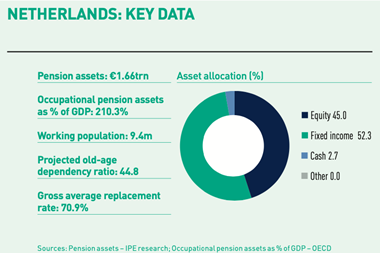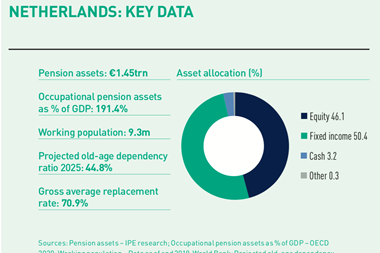The Swiss Financial Market Supervisory Authority, FINMA, has published new guidelines to combat greenwashing in collective investment schemes at fund and institutional level, further tightening the grip on potential deceiving practices in the market of sustainable products.
The regulator has listed a series of greenwashing risks resulting from a lack of transparency in products offered to investors.
A risk of greenwashing surfaces for example if a collective investment scheme avoids pursuing a sustainable investment strategy or policy; if an investment strategy or policy make a reference to sustainability but lacks implementation efforts; or if an investment policy allows for a “significant proportion” of non-sustainable investments, meaning that a large share of assets is not allocated in line with an approach taking into account sustainability aspects, the regulator said in the guidelines.
Moreover, the regulator stated that a sustainable investment strategy or policy has to rely on a “specific sustainability component” that goes beyond an already widespread exclusion criteria.
A collective investment scheme has to refrain from using terms such as “impact” or “zero carbon” without giving the possibility of measuring or verifying the impact of the measures taken.
Swiss collective investment schemes have to apply a “high degree of transparency” when reporting on sustainability, FINMA’s guidelines stated.
Institutions managing collective investment schemes would need to pay closer attention when considering the integration of sustainability aspects in an investment process, specify a strategy, monitor and check data providers and rely on expertise at operational level.
FINMA will check the information on the advertised sustainability characteristics of investment funds during the approving and supervising processes of collective investment schemes, to make sure that green features are appropriately disclosed.
Furthermore, financial service providers that offer green financial products will be aware that the advisory process at the point of sale involves greenwashing risks, FINMA said.
The supervisory authority underlined that, as of now, Switzerland lacks specific regulatory requirements for sustainability relating to financial products and services, increasing the risk of misleading investors on the sustainable characteristics of financial products and services.
Greenwashing may also pose legal and reputational risks to the Swiss financial centre. FINMA expects that these risks will be adequately taken into account, it said.
Supervising climate risks
FINMA will continue to implement the Network for Greening the Financial System’s (NGFS) key recommendations within its mandate.
The NGFS, a network of central banks and supervisory authorities, has put forward the Glasgow Declaration at the United Nations’ Climate Change Conference, COP26, stating its intention to continue to work towards greening the financial system, reinforcing the financial system against climate risks and supporting the flow of funds towards the transition to a sustainable economy.
FINMA, a member of the NGFS, is integrating climate risks into its supervisory practices in a strategic, proportional and risk-based manner, it said. The Swiss regulator is currently working on developing concepts to supervise climate risk management by banks and insurers, with the goal to put in place new ideas from 2022.
Other measures include engagement with the largest supervised entities on managing climate-related financial risks or the development of “heat maps” to identify relevant climate-related risks in the Swiss financial sector, it said.
FINMA is also exploring the possibility of using quantitative methods to measure climate-related financial risks in partnership with the Swiss National Bank (SNB), also a member of the NGFS.












